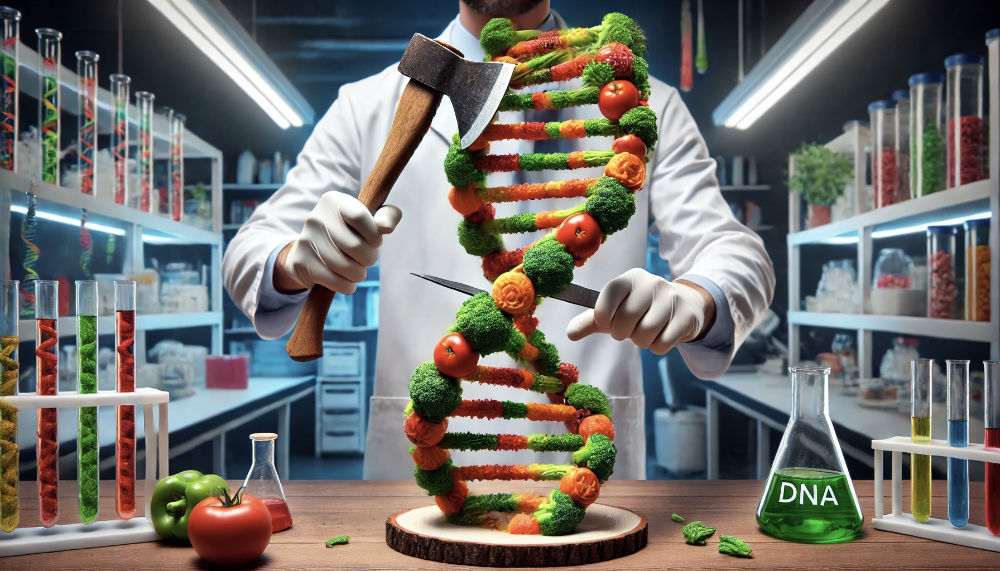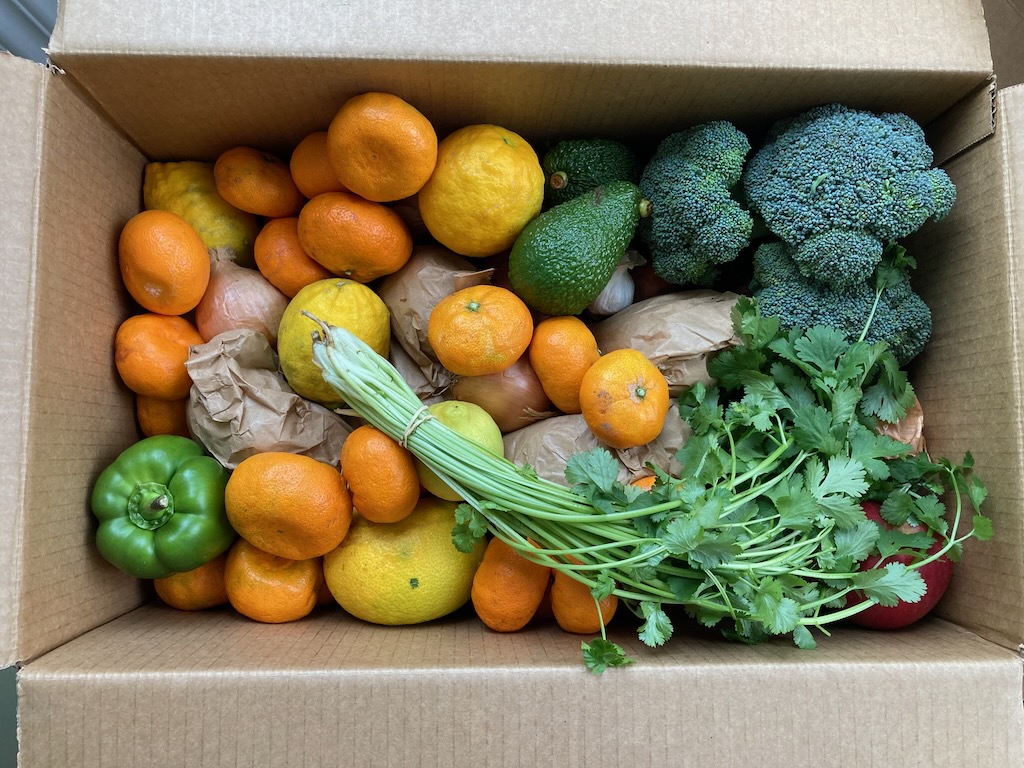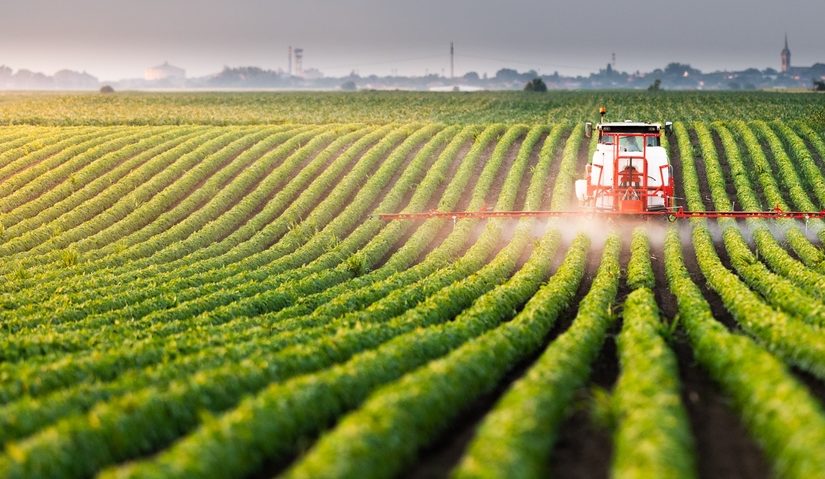On 22 August 2024, the Environmental Protection Agency (EPA) in New Zealand issued an alert about the herbicide DCPA. They’ve formed a working group to investigate concerns about its effects on unborn children.
This follows a recent emergency ban by their US counterpart stating that it can cause irreversible damage to fetuses, even at very low exposure levels. In the EU, it has been banned since 2009!
Meanwhile, Food Standards Australia New Zealand (FSANZ) appears to be fast-tracking legislation to reverse a decades-long ban on genetic modification of food (GMOs) in New Zealand. And to do so without consumer labeling requirements.
This seems reckless and counterintuitive. Below I summarise these issues and suggest what you can do to keep toxic sprays and potential frankenfoods out of your kitchen.
DCPA sprays cause irreversible damage to unborn children
The US EPA’s findings are alarming. They’ve determined that DCPA may cause irreversible damage to unborn children, even at very low exposure levels. This includes:
- Disruption of fetal thyroid hormone levels
- Low birth weight
- Impaired brain development
- Decreased IQ
- Impaired motor skills
These revelations only strengthen my conviction that organic farming is the safest and most responsible way to grow food.
Sprays are ‘safe,’ until they’re banned!
DCPA has been around since 1958. It’s primarily been used on crops like onions, broccoli, Brussels sprouts, and cabbages.
How are we supposed to trust our regulators when, for decades, we’re told sprays are ‘totally fine,’ only to later find out they cause birth defects?

This reminds me of DDT. It was regularly sprayed in neighbourhoods in the 50s and 60s to kill mosquitoes and moths.
It’s a good thing glyphosate isn’t used anymore. Just kidding – our EPA is still on the fence about that one due to “insufficient scientific evidence”.
In my view, ‘safe’ should mean thoroughly studying chemicals in a lab to determine potential long-term health effects—rather than realizing 66 years later that the science was incomplete and our brains and hormonal systems have likely been damaged.
But I’m neither a scientist, nor a regulator. What do I know? It’s not as if we’re already facing a chronic health crisis, right?
Banned for decades, now GMOs are suddenly ‘safe’?
With less than one month’s notice for public submissions, Food Standards Australia New Zealand (FSANZ) seem to be pushing hard to allow gene editing (modification) in New Zealand by the end of 2024.
Their reasons range from ‘modernising regulation’ and to claiming gene editing has an ‘equivalent risk to conventional foods’.
You mean like fetus-deforming DCPA spray’s on conventional broccoli?
Perhaps regulators think we’re too busy putting food on the table to notice the hypocrisy?
Send this pre-written email right now with one click. The deadline is Sept 9, 2024. (Thanks to our friends at Ceres for the template).

Staying healthy is up to us
In my view, health and environmental agencies often don’t follow the precautionary principle, which states that if there’s even a suspected risk of causing harm, it’s better to err on the side of caution.
That’s why, as parents and health-conscious consumers, we need to stay informed and make our own choices.
For me that means local produce from farmers we know and trust. Certified organic growers are independently audited. Spray-free growers can be great too, but you need to know and trust them personally.

Should organic farming be mandatory?
I’d certainly prefer a world without cancer causing chemicals in our food. That’s why many eco-warriors argue for organic food being mandatory.
Sounds great, but what are the chances that lawmakers and lobbyists get it right?
I prefer transparency and education.
If you really understand what you’re buying, then a $1.79 sprayed broccoli that may harm your family is expensive, and an organic broccoli that nourishes your family is cheap.
Looking Forward
The Ooooby team and I are committed to nutrient-rich, spray-free produce for New Zealanders. Not only is it flavourful, but there’s an increasing amount of scientific evidence that shows organic food makes you less likely to develop chronic disease.
My goal with this blog is to help educate people on healthy eating and how to avoid harmful chemicals in our food.
The more of us that make conscious choices about the food we buy and consume, the more we encourage local organic farmers to grow more healthy food for us!
It’s an upward spiral.
Let’s work together towards a healthier, happier, and better food system for New Zealand.

